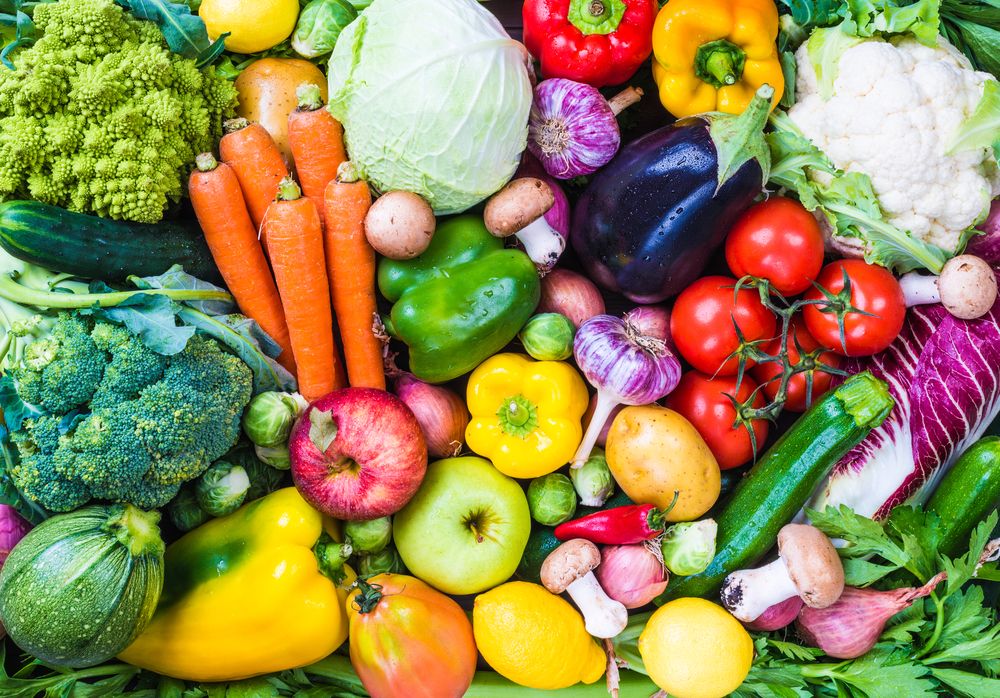Inflammation, identified as a silent threat by Harvard Medical School, poses a significant health risk, contributing to leading causes of death such as heart disease, type 2 diabetes, and cancer. However, combating inflammation is possible through dietary choices, with a focus on incorporating more anti-inflammatory vegetables.
Vegetables play a crucial role in reducing inflammation due to their rich composition of vitamins, minerals, fiber, antioxidants, and phytochemicals. Research indicates that these nutrients effectively counteract chronic inflammation by combating oxidative stress and neutralizing free radicals, both common triggers of inflammatory responses. Furthermore, the high fiber content in vegetables is associated with promoting gut health, contributing to a balanced and diverse gut microbiome, which in turn bolsters the immune system and aids in inflammation reduction.
In our conversation with Trista Best, RD, a registered dietitian from Balance One Supplements, we uncovered the top vegetables for reducing inflammation. These insights aim to empower you to make healthier choices when it comes to your dietary habits. If you're eager to bid farewell to inflammation and embrace a path toward a healthier, happier lifestyle, continue reading.
1) Spinach
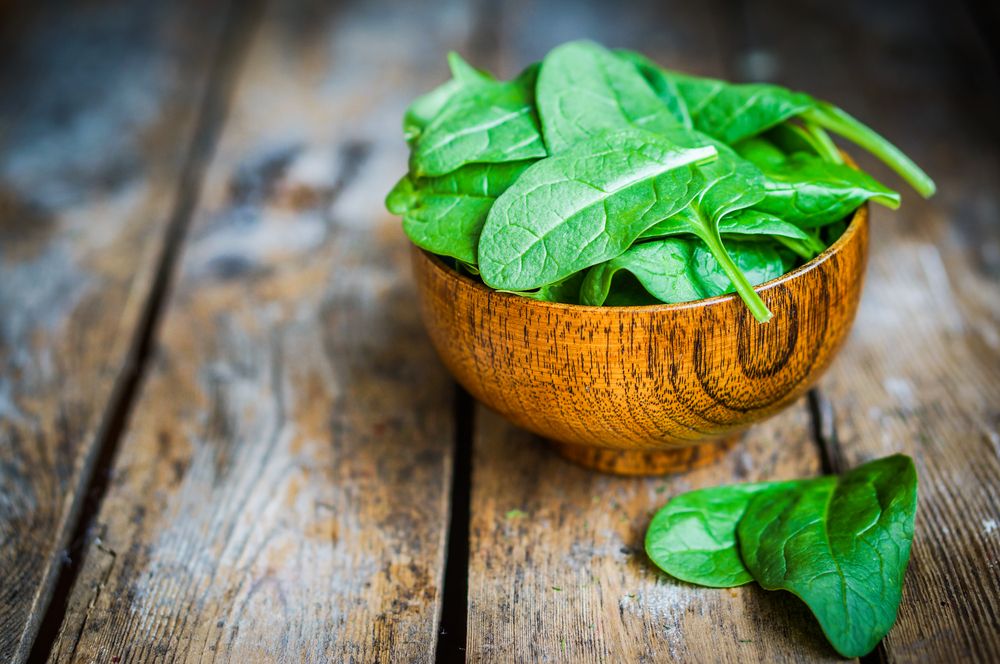
According to Trista Best, RD, Spinach is abundant in vitamins A and C, along with antioxidants such as quercetin and kaempferol, known for their anti-inflammatory properties. "This versatile leafy green can be incorporated into salads or cooked dishes, offering an easy means to introduce inflammation-fighting nutrients into your diet," says Best. "Moreover, its rich fiber promotes digestive health and potentially aids in weight management."
2) Kale
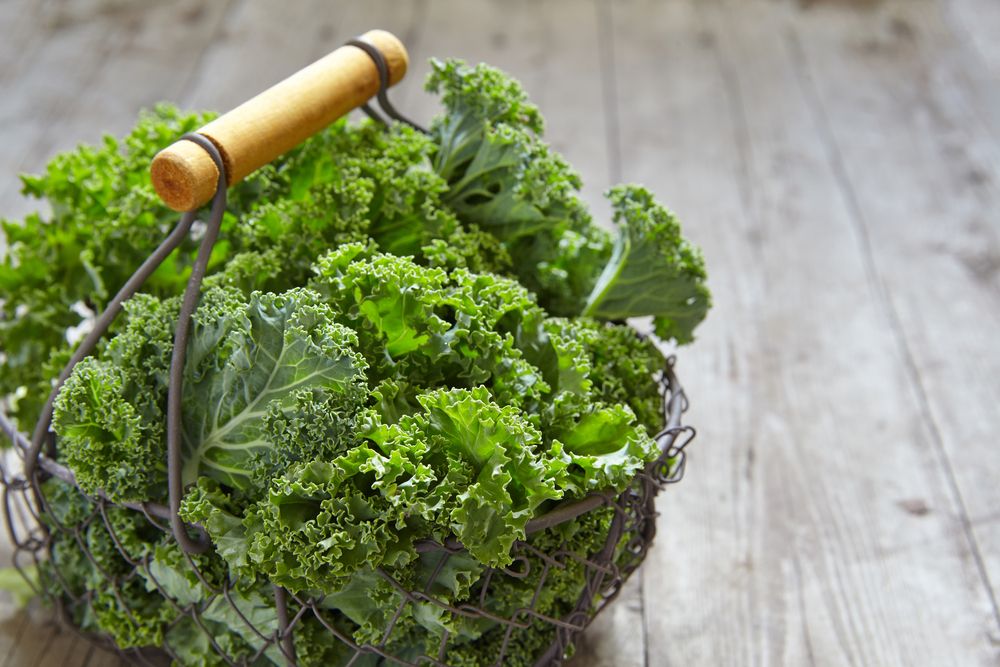
A study conducted in 2023 suggests that incorporating kale into your diet can be beneficial for gut health by preventing inflammation. Kale is rich in vital nutrients such as antioxidants, minerals, fiber, and vitamins A, C, and K, all of which support gut health and reduce inflammation.
According to Best, kale's robust leaves and earthy taste make it a versatile ingredient for enhancing various dishes, including soups, stir-fries, and smoothies, enriching them with essential nutrients. Furthermore, its abundance of calcium contributes to bone health, potentially lowering the likelihood of osteoporosis.
3) Broccoli
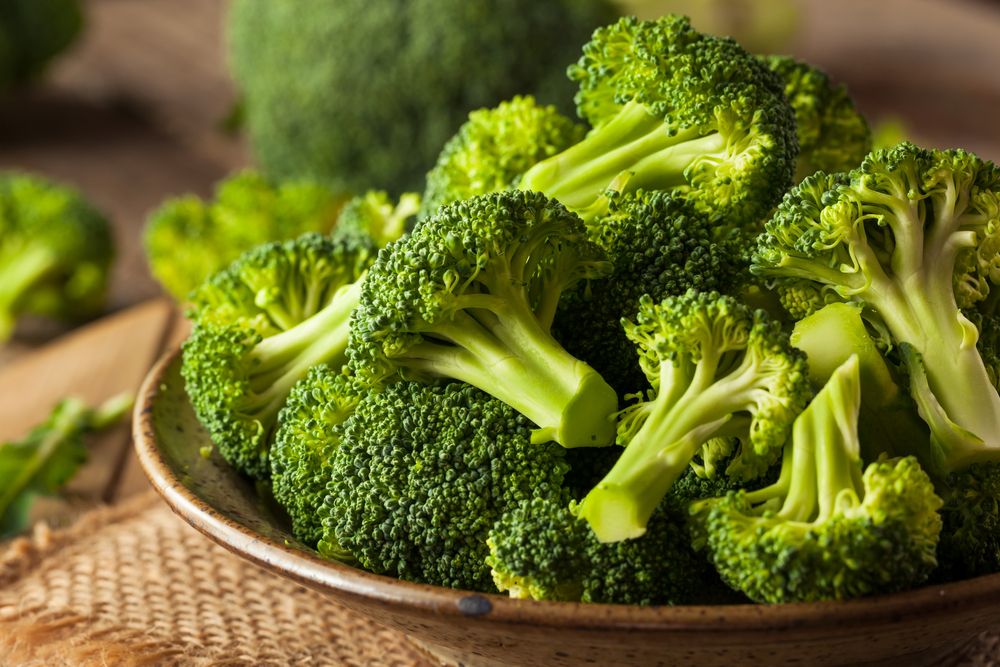
Broccoli stands out as a notable supplier of sulforaphane, an antioxidant known for its strong anti-inflammatory properties. Packed with vitamins C and K along with fiber, broccoli has been demonstrated in studies to effectively diminish inflammation and enhance insulin sensitivity.
According to Best, broccoli offers a delightful means to introduce anti-inflammatory elements into your meals, whether steamed, roasted, or included in stir-fries. Its fiber content not only fosters a sense of fullness but also assists in digestion, thereby supporting overall gut health and aiding in detoxification processes within the body.
4) Bell Peppers
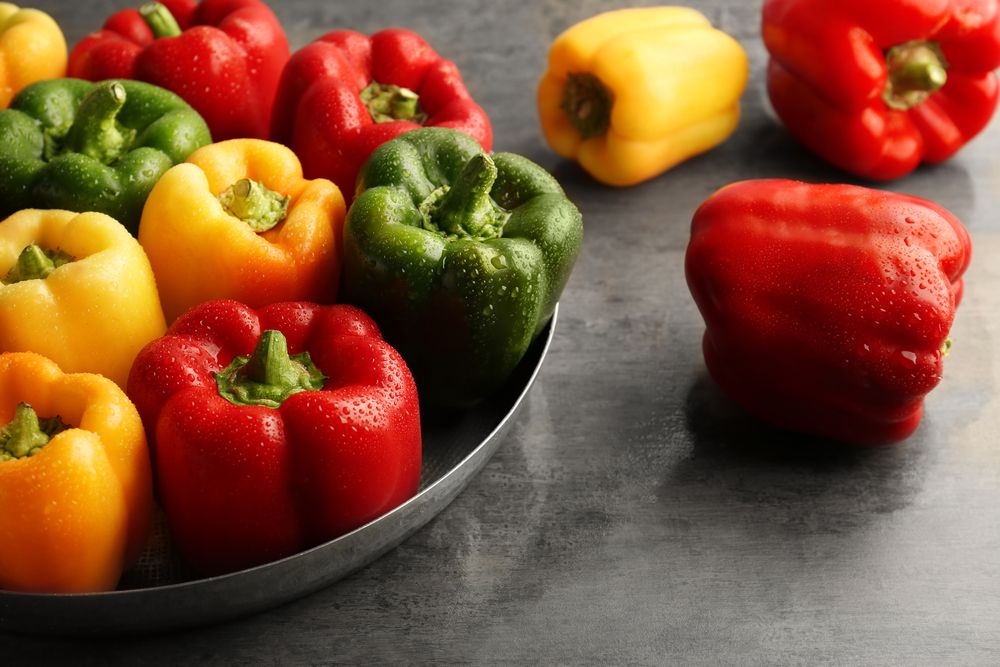
Bell peppers, also known as capsicum, are abundant in vitamins A and C, as well as antioxidants that combat inflammation and shield against degenerative illnesses. Best notes, "With their vibrant hues, bell peppers infuse dishes with both taste and texture, while delivering a generous portion of antioxidants to counter inflammation and bolster immune capabilities." Additionally, their low-calorie count and high water content render them a superb selection for weight control and hydration purposes.
5) Tomatoes
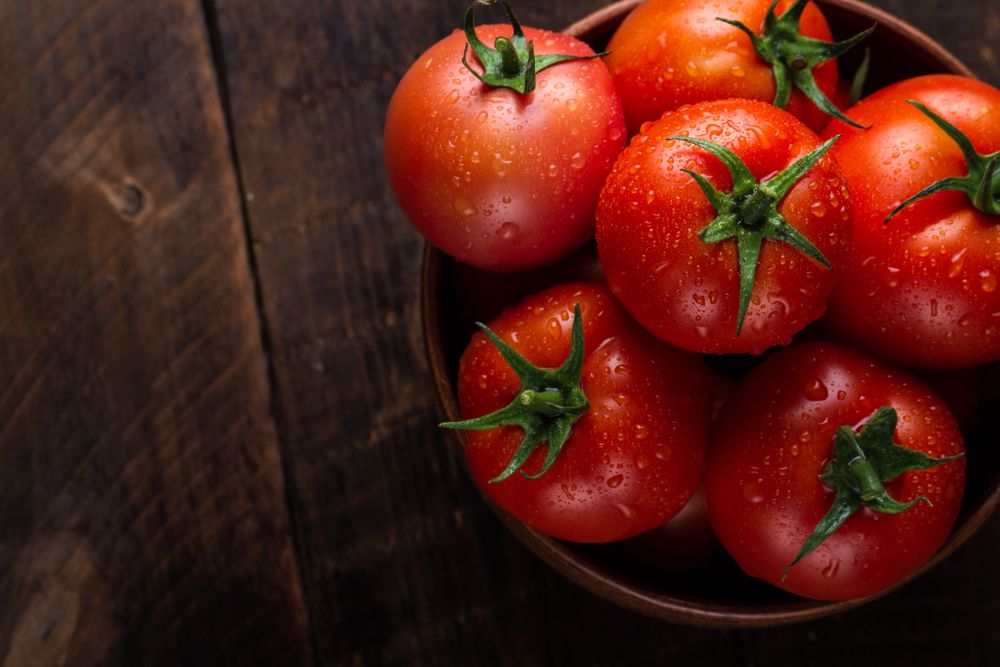
Tomatoes boast a wealth of lycopene, an antioxidant renowned for its potent anti-inflammatory qualities. Best highlights, "Tomatoes lend their delicious flavor to salads, sauces, and sandwiches while serving as a notable reservoir of lycopene. Research associates lycopene consumption with diminished inflammation and a decreased risk of chronic ailments. Moreover, their significant potassium content aids in blood pressure regulation and fortifies heart health."
6) Carrots

Carrots serve as an excellent reservoir of beta-carotene, a natural food pigment that transforms into vitamin A within the body. Vitamin A is renowned for its anti-inflammatory characteristics, aiding in the fight against inflammation and bolstering the immune system. According to Best, "Whether savored raw for a satisfying crunch or incorporated into stews and roasts, carrots offer a sweet taste alongside an abundance of anti-inflammatory nutrients. Their beta-carotene content not only promotes eye health but also potentially lowers the risk of age-related macular degeneration."
7) Beets
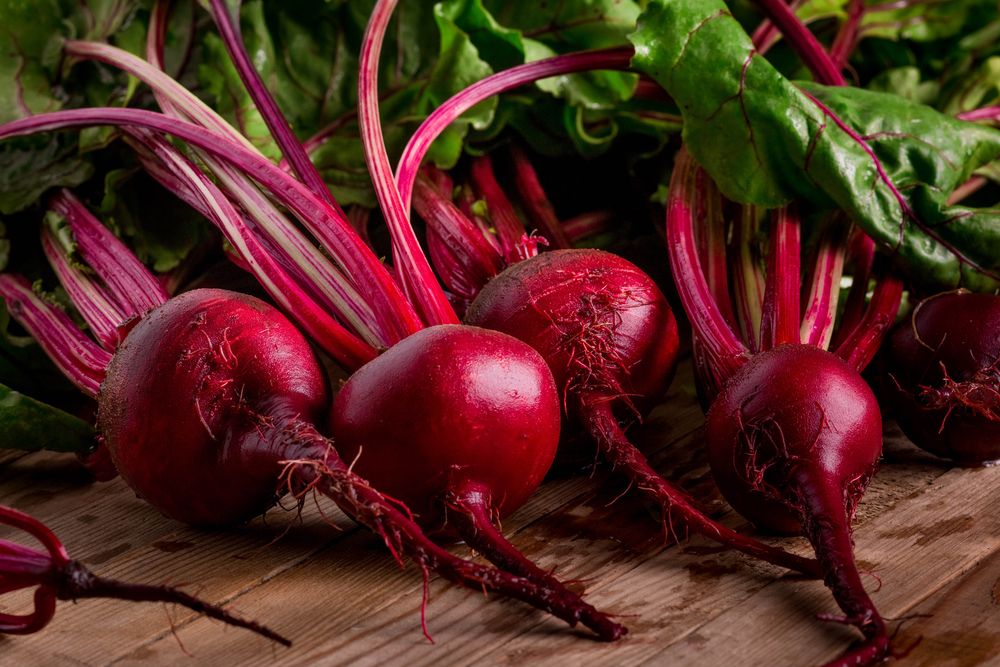
A review conducted in 2021 revealed that beets contain betalains, compounds known for their ability to reduce inflammation. Best elaborates, "Beets can be prepared in various ways such as roasting, boiling, or grated raw into salads, providing a distinct earthy sweetness alongside anti-inflammatory advantages." Furthermore, their nitrate content might enhance athletic performance and boost blood flow, thereby supporting cardiovascular well-being.
8) Garlic
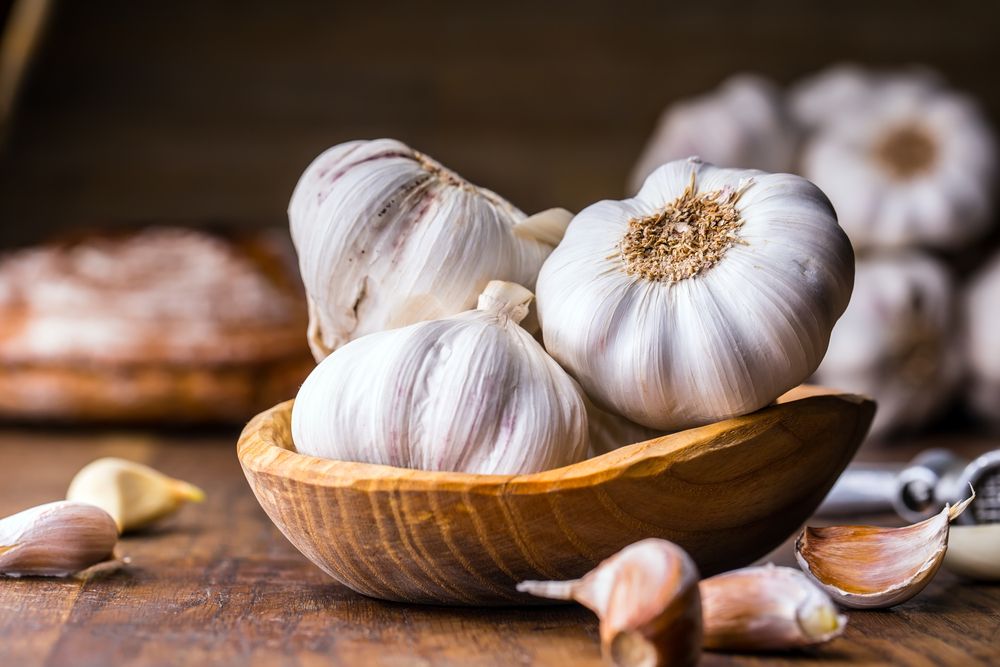
As per a review from 2020, garlic is enriched with sulfur compounds and antioxidants known for their potential to alleviate inflammation and safeguard against chronic ailments like cardiovascular disease and cancer.
Best emphasizes, "Garlic, a common ingredient in numerous cuisines, not only enhances the taste of dishes but also delivers robust anti-inflammatory and immune-enhancing properties. Moreover, its antimicrobial characteristics could aid in fighting infections and maintaining oral health."
9) Onions

Onions boast quercetin, a flavonoid renowned for its anti-inflammatory properties. Additionally, they are abundant in vitamin C, which aids in reducing inflammation and bolstering immune function. Best notes, "Onions impart a savory richness to dishes and offer quercetin and other flavonoids that play a role in reducing inflammation and enhancing heart health." Moreover, their prebiotic fibers serve as nourishment for beneficial gut bacteria, thereby contributing to digestive well-being.
10) Celery
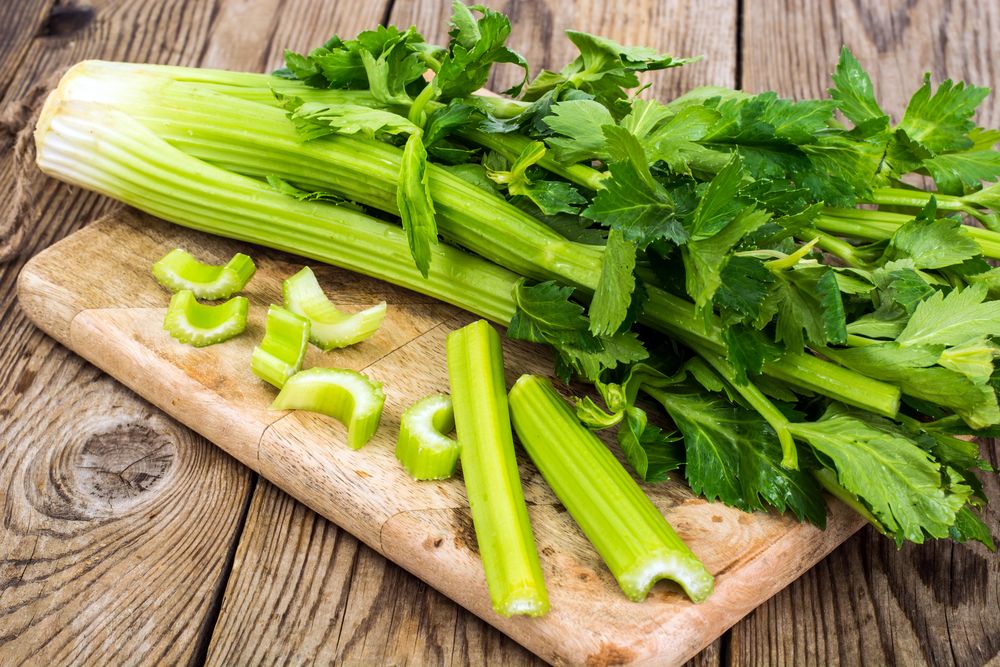
Celery, a low-calorie vegetable, is brimming with antioxidants and anti-inflammatory compounds. Experimental studies indicate that celery offers anti-inflammatory and anti-fungal advantages, contributing to overall well-being. Best remarks, "Celery's crisp texture and subtle taste make it a versatile inclusion in salads, soups, and snacks." Additionally, it provides both anti-inflammatory and antioxidant benefits. Its inherent diuretic properties may aid in reducing bloating and promoting kidney health.

